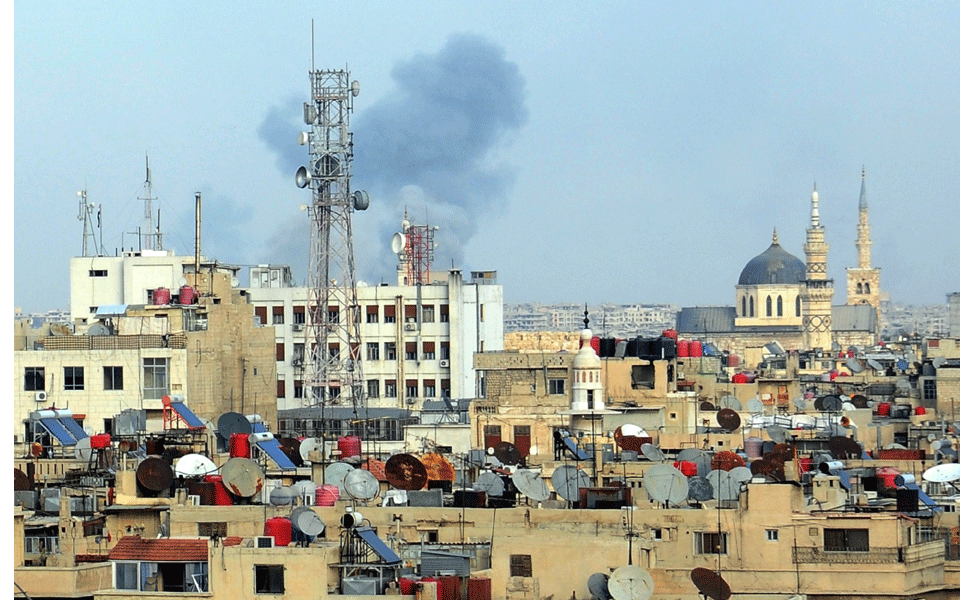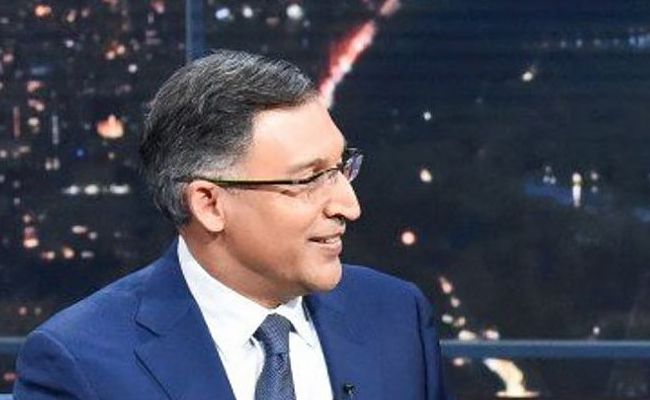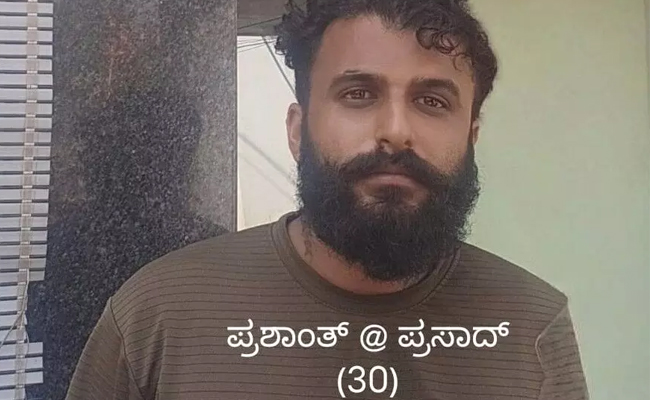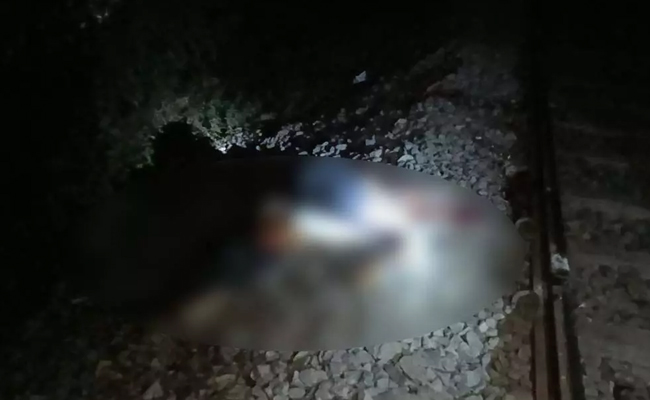Damascus: At least 250 civilians have been killed by shelling and air strikes in Syria's Eastern Ghouta in the past 48 hours, the UK-based Syrian Observatory for Human Rights (SOHR) said Tuesday.
The death toll included 58 children and 42 women, the group said in what was termed as the deadliest attack in the city in the last few years.
More than 100 were killed and another 1,200 people were wounded by the Syrian regime shelling and air strikes on Monday on the besieged Damascus suburb, the rebel-held town of Hamouria, the CNN said.
The SOHR activists and residents described it as "being under constant bombardment". The rights group said at least 106 of the civilian deaths took place on Tuesday.
The monitoring group said the death toll is the highest since the 2013 alleged chemical attack on Eastern Ghouta, which activists say killed approximately 1,400 people.
"These are the worst days of our lives in Ghouta," Eastern Ghouta hospital director and pediatrician Amani Ballour said. "We in Ghouta have been getting hit by air strikes for more than five years and this is not new to us ... but we have never seen anything like this escalation."
Various Islamic rebel groups control Eastern Ghouta, including the Al Qaeda-linked Hayat Tahrir al-Sham, which was previously known as Jabhat al Nusra before renouncing its ties to Al Qaeda.
Doctors said medics were working round the clock treating hundreds of injured people. Several medical facilities in Eastern Ghouta were reported to have been struck on Monday, the CNN report said.
Medical supplies were already in short after years-long siege of the area that began in 2012.
Now, Syrian regime forces are accelerating their offensive against the suburb, one of the last rebel-controlled areas in the country.
"I can tell you that the situation is very catastrophic ... there were four hospitals that were destroyed...," said Fares Ouraiba, a doctor from the Damascus suburb. He said most of the dead were women and children.
Besides, 13 more people were killed and 77 others wounded when militants in Eastern Ghouta fired 114 rocket and mortar rounds on several neighbourhoods here on Tuesday, said Syria state-run SANA news, citing police.
SANA added that the Syrian army responded to the attacks with "precise strikes", destroying rocket launchers and fortified positions used by the armed groups.
Let the Truth be known. If you read VB and like VB, please be a VB Supporter and Help us deliver the Truth to one and all.
Udupi: Udupi City Police have arrested two persons, including a woman, in connection with the alleged misappropriation of property tax funds belonging to the Udupi Municipal Council.
The accused have been identified as Shalini, who was working as a tax consultant outside the municipal office, and Ganesh, a bank employee.
According to police, Anand Suvarna had paid Rs 34,730 towards 12 years of property tax for his building in Kalmadi to Shalini on October 16, 2025. She reportedly issued him a receipt acknowledging the payment.
However, when Suvarna recently checked the status of the payment on the property tax portal, he found that the amount had not been credited and was still shown as pending. He then brought the matter to the notice of the Municipal Commissioner, who verified that the payment had not been recorded.
During questioning, Shalini allegedly admitted to the lapse. On February 16, 2026, she generated a new challan in Suvarna’s name and paid Rs 35,213 towards the dues.
Police said a case has been registered at the Udupi City Police Station against the accused for allegedly misappropriating tax money and defrauding the government by affixing the seal of Union Bank on the challan without remitting the amount initially received from the taxpayer.
Further investigation is under way.





